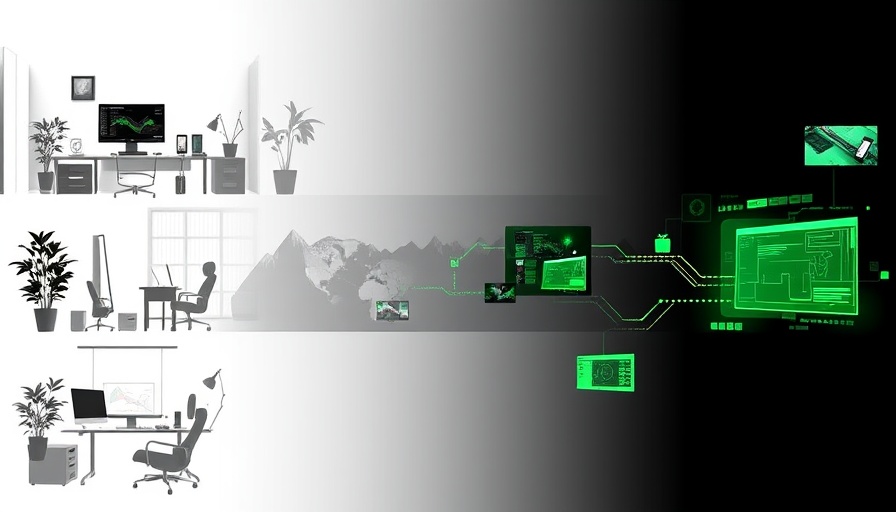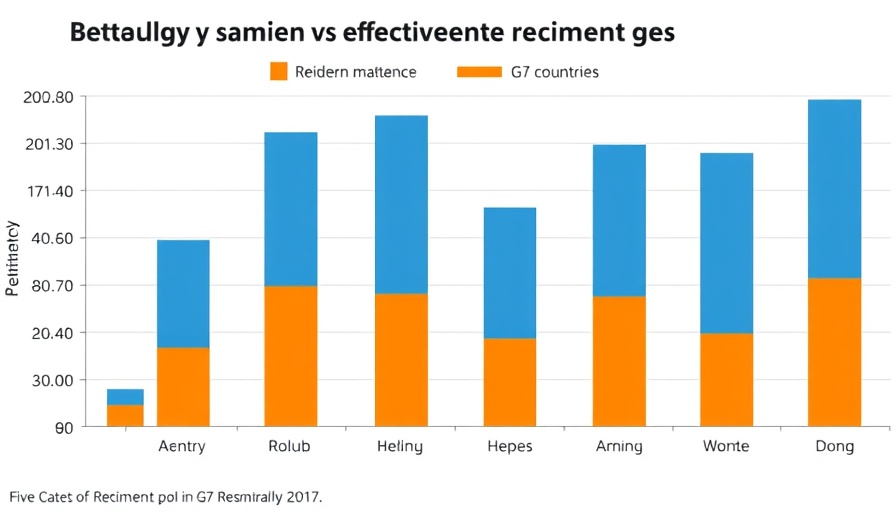
Understanding the Shift: The New Hybrid Reality
The workplace has undergone a seismic shift due to the COVID-19 pandemic, altering how we think about productivity, engagement, and workplace culture. As of mid-2022, four in five remote-capable employees enjoy some form of remote work flexibility—either hybrid or fully remote. This transformation is more than just a trend; it's a pivotal moment for organizations looking to thrive in a constantly changing environment.
The Decline of Employee Engagement: What Went Wrong?
Despite the benefits of flexible work schedules, employee engagement has taken a notable hit, dropping to a ten-year low by 2024. Clear expectations and alignment with the organization's mission have become more pressing issues. Once 55% of employees felt they understood what was expected of them; this number plummeted to just 44% by 2024. Ensuring clarity and connection to purpose is vital for fostering an engaged workforce.
Navigating Logistics: Challenges of Hybrid Work
While hybrid work offers autonomy, it also introduces challenges in collaboration and company culture. Companies need to rethink how they facilitate teamwork and ensure that employees feel included, regardless of their work location. Balancing work styles—splitters versus blenders—can help maximize both productivity and satisfaction.
Emphasizing a People-First Leadership Approach
For organizations to adapt successfully, people-first leadership is key. This includes valuing employee input, providing resources for professional development, and strategically planning for future workforce needs. By incorporating strategies that boost employee performance and retention, companies position themselves to thrive.
The Road Ahead: Predictions for the Future Workplace
With a clear understanding of the current challenges and transformations, business leaders—including CHROs and VPs of Talent—must helm the strategic navigation into a balanced workforce model. Tools that focus on performance optimization and succession planning will be critical for fostering a resilient, high-performance culture.
The blend of remote and hybrid work is not merely a phase but an evolution. Understanding this landscape and adapting accordingly can ultimately lead to sustainable employee engagement and organizational success.
 Add Row
Add Row  Add
Add 




Write A Comment